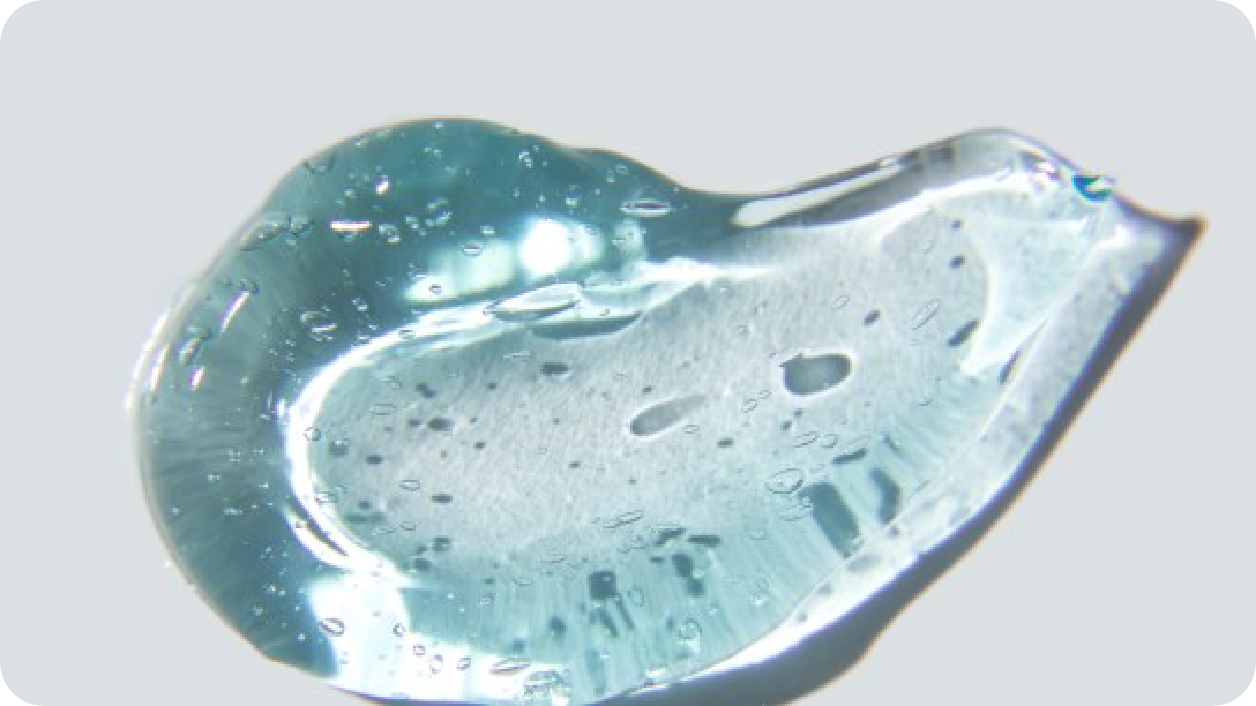Glycol Ether DE Acetate, also known as diethylene glycol monoethyl ether acetate, is a versatile solvent with numerous industrial applications. Here are some of its common uses:
- Paints and Coatings: Glycol Ether DE Acetate is widely employed as a solvent in the formulation of paints, coatings, and varnishes. It helps dissolve resin binders, pigments, and additives, contributing to the desired viscosity, flow properties, and film formation of the coating. This solvent is valued for its moderate boiling point and evaporation rate, which allow for appropriate drying times and improved leveling in coating applications.
- Inks and Printing: It serves as a solvent in the formulation of inks for various printing processes, including flexography, gravure, and screen printing. Glycol Ether DE Acetate aids in dissolving colorants, resins, and other additives, enabling the production of high-quality, fast-drying inks with good adhesion and printability on different substrates.
- Adhesives and Sealants: Glycol Ether DE Acetate finds application as a solvent or coalescing agent in the formulation of adhesives, sealants, and caulks. It aids in the dissolution of polymer resins, tackifiers, and plasticizers, allowing for proper mixing and application of the adhesive. This solvent contributes to the adhesion strength, tack, and flexibility of the final adhesive or sealant product.
- Cleaning and Degreasing: It is utilized as a solvent in industrial cleaning and degreasing formulations, particularly in the removal of oil, grease, and contaminants from metal surfaces, machinery parts, and industrial equipment. Glycol Ether DE Acetate effectively solubilizes organic soils and provides excellent cleaning performance while minimizing the risk of surface damage or corrosion.
- Surface Coatings: Glycol Ether DE Acetate is used in the formulation of specialty surface coatings, such as wood finishes, furniture coatings, and automotive refinishing products. It helps enhance the flow, leveling, and gloss characteristics of the coating, resulting in smooth, durable finishes with good adhesion and resistance to chemicals, moisture, and abrasion.
- Industrial Chemical Processes: It serves as a process solvent or reaction medium in various industrial chemical processes, including polymerization, extraction, and purification. Glycol Ether DE Acetate's solubility properties, low volatility, and relatively high flash point make it suitable for use in closed systems and high-temperature applications, where safety, stability, and process control are critical.
- Electronics Manufacturing: Glycol Ether DE Acetate is utilized in the electronics industry for cleaning and degreasing electronic components, printed circuit boards (PCBs), and precision instruments. It helps remove flux residues, soldering residues, and other contaminants without damaging sensitive electronic components or leaving behind harmful residues.
- Textile and Leather Processing: It finds application in textile and leather processing as a solvent for dyeing, printing, and finishing operations. Glycol Ether DE Acetate aids in the dispersion of dyes and pigments in textile dyebaths and assists in the removal of sizing agents, lubricants, and impurities from textile fibers and leather surfaces, ensuring uniform coloration and finish quality.


